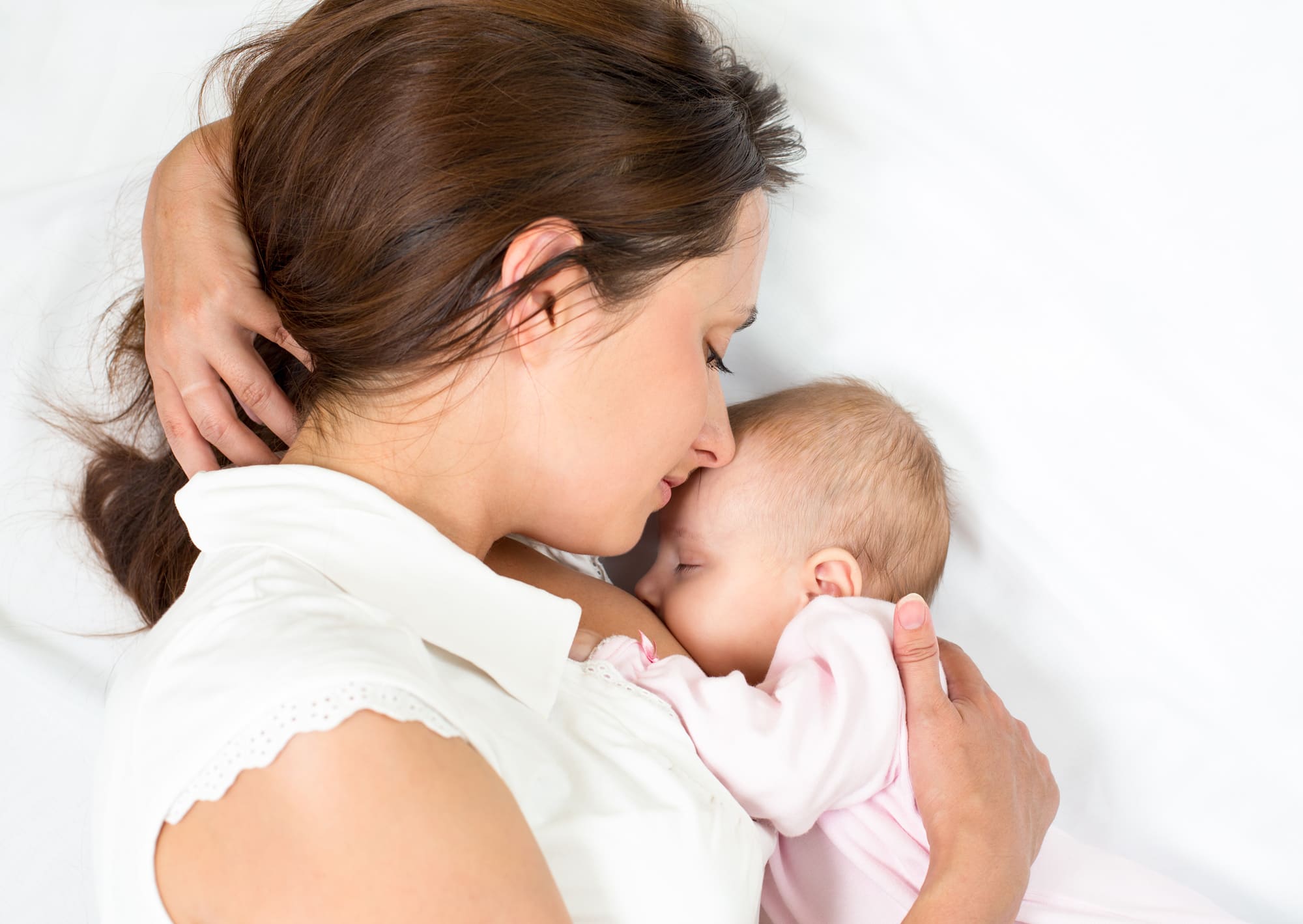Postpartum Contraception
Postpartum Contraception
Postpartum contraception is an important part of postnatal care. The possibility of re-needing contraception after the baby is born is possibly the last of the woman’s priorities, but an unwanted pregnancy at a time when the body is still recovering carries relevant risks for the mother and baby.
Contraception is not required during the first 21 days after delivery, but it is important that it be planned in advance. It should be discussed with the doctor as there are several choices that depend on the woman’s will, on her health and whether or not she is breastfeeding.
Contraception and breastfeeding
Breastfeeding can help prevent a new pregnancy in the first 6 months after delivery. However, this prevention only occurs when breastfeeding is regular, with intervals of up to 6 hours, and if the mother has not yet menstruated. Breastfeeding is a natural but low-efficacy method since it is dependent on various conditions. Menstruation may not occur until there is a reduction in breastfeeding, but you may have already returned to your fertility without knowing it.
If you are not breast-feeding, the woman recovers her period on average in 6 weeks after delivery. In this case, you can review your contraceptive options with your doctor taking into account your health and lifestyle.

Contraceptive Options
The effectiveness of contraception in the postpartum period depends on several factors, so it is best to always seek the advice of your doctor.
Typically, the methods reviewed in the postpartum period are:
Hormonal contraceptive containing only progesterone. It can be started 6 weeks after delivery and kept until the baby starts breast-feeding only 1 or 2 times a day.
Effective non-hormonal method to prevent pregnancy and can be used immediately.
The implant has only progesterone in its composition. Its application is done with local anesthesia, in the arm region, where it is inserted under the skin. It can be used 6 weeks after delivery.
Both the copper device and the hormone release system can be used. It should be inserted by the doctor during the consultation, 48h (copper) or from 4 weeks (copper and hormonal) after delivery.
Combined hormonal contraception, which includes the pill, vaginal ring, and patch, can be an option 21 days (without breastfeeding), 6 weeks (if mixed breastfeeding), or 6 months (exclusive breastfeeding) after delivery.
It can be used from 6 weeks after delivery.
How to Choose Contraception in Postpartum
To help you choose the right contraception for you at this stage, you can take these questions into account during your next consultation with your doctor:
What methods are available?
How do they work?
– Given my day-to-day life, which would be the most recommended?
– When can I start taking?
– What is my partner’s role in postpartum contraception?
– What are the possible side effects?
Frequently Asked Questions
Breastfeeding can help prevent a new pregnancy, but it depends on several factors to be effective, such as the regularity of breastfeeding and the fact that you have not yet menstruated.
Breastfeeding restricts women’s contraceptive choices in the postpartum period as hormonal contraception can have effects on breast milk. Thus, if you do not intend to breastfeed, your contraceptive options are more comprehensive. You should always seek out your healthcare professional for personalized advice on your case.
Your doctor has probably already indicated the minipill as the most commonly used method for new moms. This is due to the fact that the minipill has only progesterone in its composition. The “normal” pill is a combined pill that usually has, in addition to progesterone, also estrogen, which is associated with a decrease in the production and quality of breast milk, and is therefore not advised at this stage.
According to scientific evidence, the minipill has the same results in terms of weight gain as the other pills. Many women do not alter their weight due to the pill, and where there are gains these are on average marginal.
The couple can re-have sex at any time when this is their will. It usually occurs after 4 to 6 weeks of delivery.
More Information
You can find more information about contraception on this page.
Editorial Note: This page and all other contents presented in lifewell.pt are prepared and reviewed by medical experts in Portugal.


